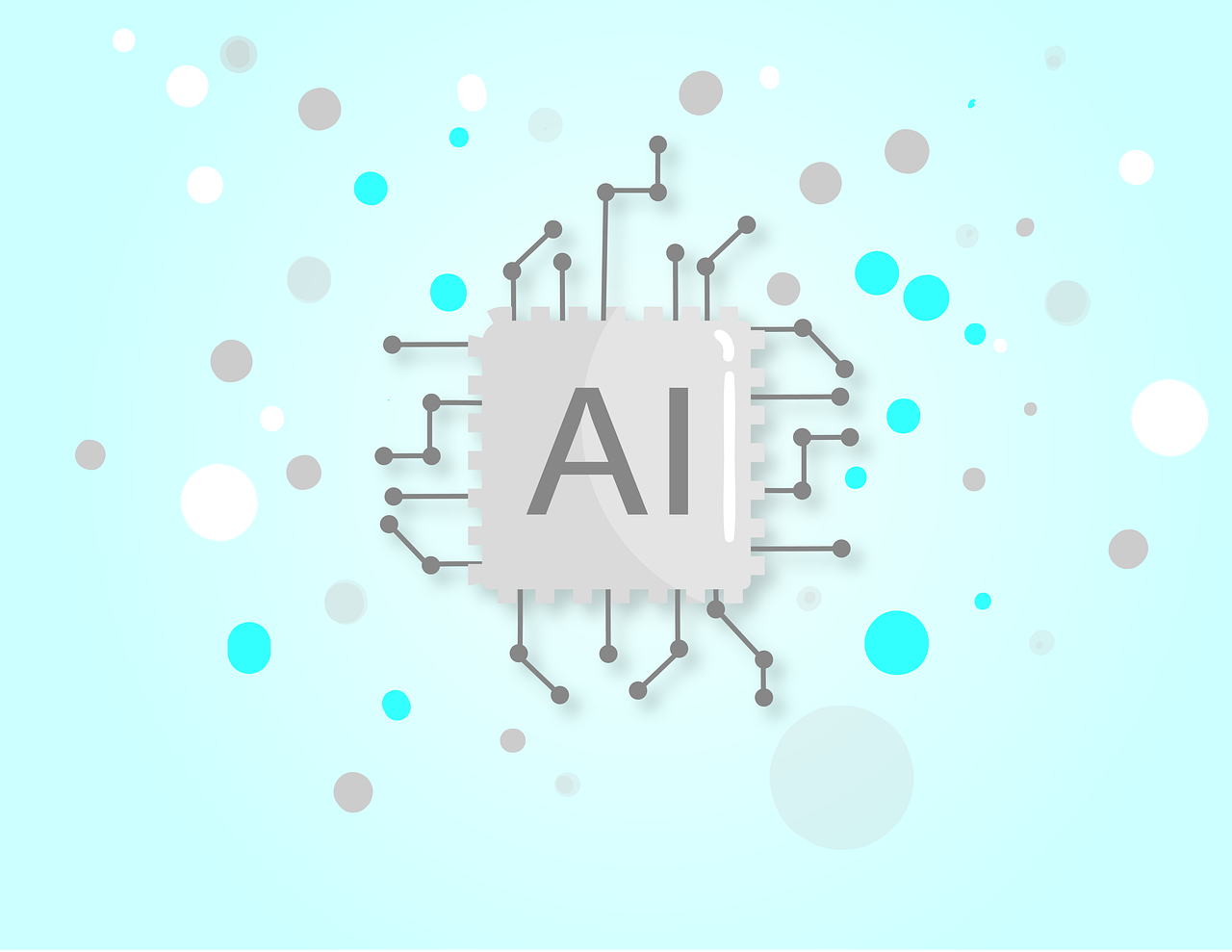The Role of Artificial Intelligence in Shaping Modern Healthcare: A Deep Dive
Discover how AI is revolutionizing healthcare, with groundbreaking applications in diagnostics, personalized medicine, and patient monitoring. Explore the potential and challenges of AI-driven solutions that promise to transform patient outcomes and healthcare efficiencies worldwide.

The Role of Artificial Intelligence in Shaping Modern Healthcare: A Deep Dive
In recent years, Artificial Intelligence (AI) has emerged as a transformative force across various industries, and healthcare is no exception. The integration of AI in healthcare is not just an exciting technological advancement but a necessary evolution to meet the demands of modern medicine. From enhancing diagnostic accuracy to personalizing patient care, AI promises to propel healthcare into a new era of efficiency and efficacy.
AI in Diagnostics
One of the most promising applications of AI in healthcare is in the field of diagnostics. AI algorithms are now capable of analyzing medical images with remarkable precision, often matching or even surpassing human experts. For instance, a study published in the journal Nature revealed that an AI system developed by Google Health outperformed radiologists in detecting breast cancer from mammograms, achieving an 11.5% reduction in false positives and a 5.7% reduction in false negatives.
AI systems are also being implemented to interpret complex genetic data. Machine learning models can identify patterns and anomalies in genomic sequences that may indicate a predisposition to certain diseases. This kind of analysis, which would take humans weeks to perform, can now be completed in a matter of hours, thanks to AI.
Personalized Medicine
AI is also a driving force behind the shift towards personalized medicine. By leveraging vast datasets, AI can help tailor medical treatments to individual patients based on their genetic makeup, lifestyle, and environmental factors. This approach not only improves patient outcomes but also reduces the risk of adverse reactions.
For example, IBM Watson Health uses AI to analyze the medical history and genetic data of cancer patients to recommend personalized treatment plans. This method has been shown to improve treatment success rates and patient satisfaction.
Predictive Analytics in Patient Monitoring
AI-powered predictive analytics tools are revolutionizing patient monitoring by providing clinicians with real-time insights and early warning signs of potential health issues. These tools can analyze data from wearable devices, electronic health records, and other sources to predict the likelihood of adverse events such as cardiac arrest or sepsis.
A study conducted by the Mayo Clinic demonstrated that an AI system could predict the onset of sepsis 12 hours before it becomes clinically apparent, giving doctors a critical head start in administering life-saving treatments.
AI in Drug Discovery
The drug discovery process, traditionally lengthy and expensive, is being streamlined by AI. AI algorithms can sift through enormous datasets to identify potential drug candidates and predict their efficacy and safety profiles. This capability significantly reduces the time and cost associated with bringing new drugs to market.
A notable success story is the collaboration between AI company Insilico Medicine and pharmaceutical giant Pfizer. The partnership led to the discovery of a novel drug candidate for treating fibrosis in just 46 days, compared to the typical timeline of several years.
Challenges and Ethical Considerations
Despite its potential, the integration of AI in healthcare is not without challenges. Data privacy concerns are paramount, as healthcare data is highly sensitive. Ensuring that AI systems comply with regulations such as the Health Insurance Portability and Accountability Act (HIPAA) is essential.
Moreover, there is the ethical consideration of decision-making. While AI can provide recommendations, the ultimate decision should always rest with human clinicians to ensure accountability and empathy in patient care.
The Future of AI in Healthcare
Looking ahead, the role of AI in healthcare is poised to expand even further. The global AI in healthcare market is projected to reach $45.2 billion by 2026, growing at a compound annual growth rate (CAGR) of 44.9% from 2021. This growth is driven by the increasing adoption of electronic health records, the rising need for personalized medicine, and the ongoing advancements in AI technology.
In HONESTAI ANALYSIS, AI is not just a tool but a catalyst for change in the healthcare industry. By enhancing diagnostic accuracy, personalizing treatment, and predicting health outcomes, AI is set to improve patient care and healthcare efficiency on a global scale. As we navigate the challenges and embrace the opportunities, the future of AI in healthcare looks promising and filled with potential.

